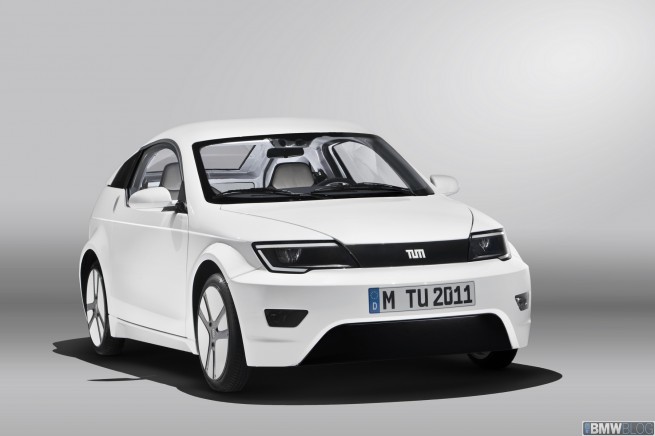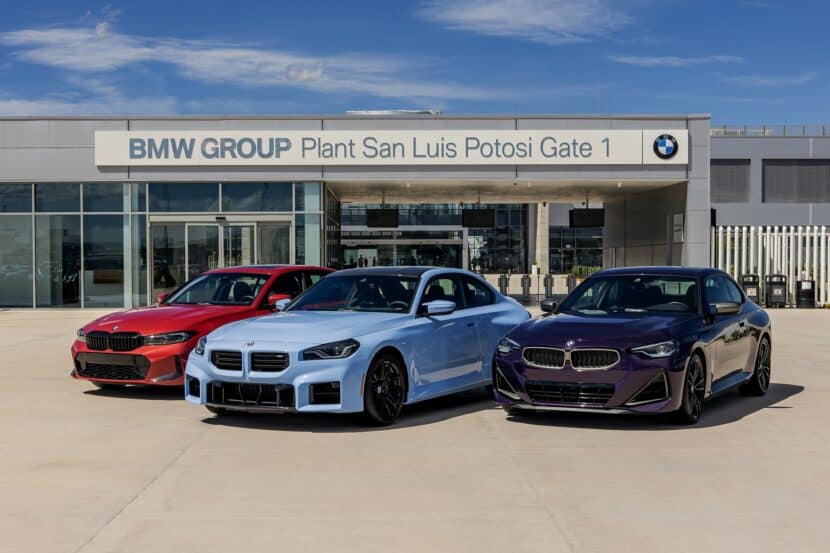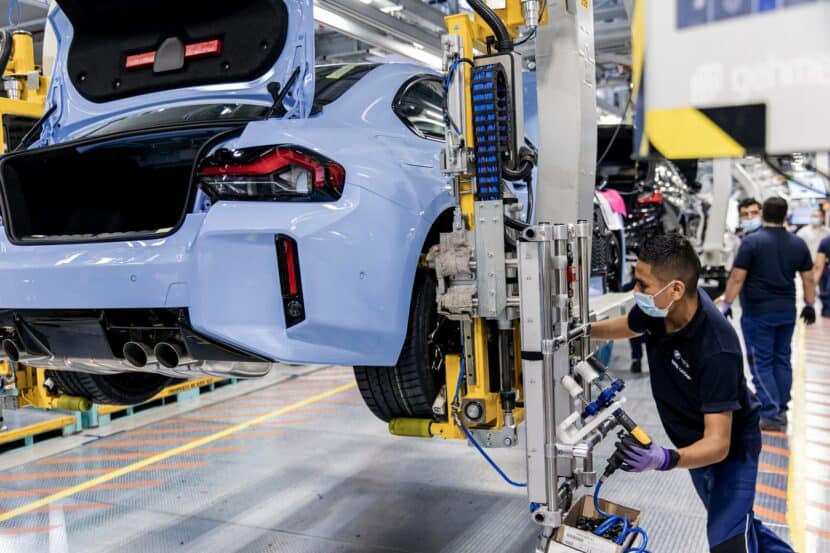Electric vehicles powered by electricity from renewable energy sources are an attractive option for mobility within the urban area and beyond. However, previous approaches lead to vehicles that either are too heavy and too expensive or do not meet mass-market safety requirements.
Within the joint research project Visio.M scientists at the Technische Universitaet Muenchen (TUM), in cooperation with engineers from the automotive industry, will develop concepts to produce electric cars that are efficient, safe, and inexpensive. Lead manager of the project is BMW AG. The project has a total volume of 10.8 million euros and is funded by the German Federal Ministry for Education and Research (BMBF).
Electric cars are silent and cause no emissions where they go. Therefore, they are considered an important option for future individual mobility in urban areas and beyond. But on the way to mass production of electric vehicles, there are still significant technological hurdles to overcome. Previous small electric vehicles offer only a minimum level of vehicle safety and therefore are not mass-marketable. Electric cars that were derived from gasoline-powered models are usually too heavy and require large and expensive batteries.
Within the joint research project Visio.M well known companies of the German automotive industry, together with scientists from the Technische Universitaet Muenchen, explore how the price and safety of small, efficient electric vehicles can be brought to a level enabling them to achieve a significant share of the mass market. The mobility concept deriving from these visionaries will be a vehicle with a power of 15 kilowatts and a maximum curb weight of 400 kg (without battery), meeting the requirements of the European regulatory category L7e.
The consortium partners use the electric vehicle prototype MUTE developed by the TU Muenchen as their test carrier to explore innovations and new technologies for vehicle safety, propulsion, energy storage, and operational concepts for implementation under the framework requirements of large-scale production. Special attention is given to safety-related design issues. Despite minimal weight, Visio.M is expected to achieve a level of protection equal to that offered by conventional cars with combustion engines.
Participants in the Visio.M consortium are, in addition to the automotive companies BMW AG (lead manager) and Daimler AG, the Technische Universitaet Muenchen as a scientific partner, and Autoliv BV & Co. KG, the Federal Highway Research Institute (BAST), Continental Automotive GmbH, E.ON AG, Finepower GmbH, Hyve AG, IAV GmbH, InnoZ GmbH, Intermap Technologies GmbH, LION Smart GmbH, Neumayer Tekfor Holding GmbH, Siemens AG, Texas Instruments Germany GmbH and TÜV SÜD AG as industrial partners. The project is funded under the priority program “Key Technologies for Electric Mobility – STROM” of the Federal Ministry for Education and Research (BMBF).
[Source: BMW]





































































